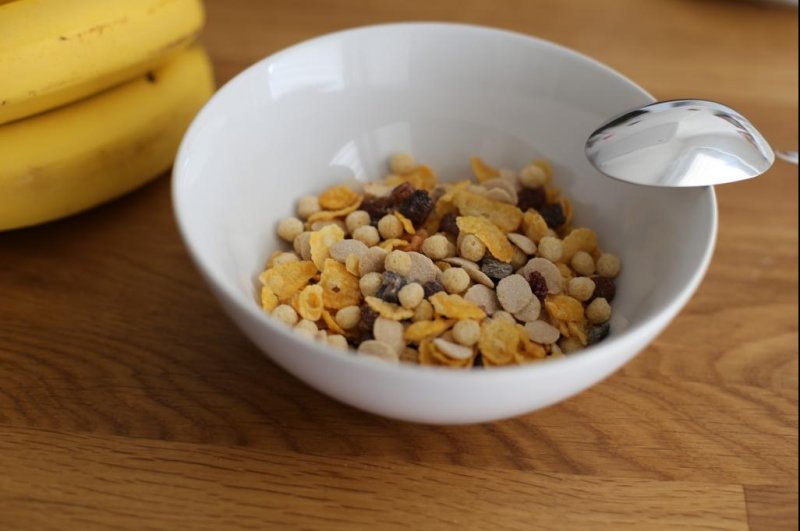
Intermittent fasting may help prevent infections, a new study has found. Photo by LauraTara/Pixabay
Aug. 5 (UPI) -- Intermittent-fasting diets may help prevent infections in those who practice them, a study published Thursday by the journal PLOS Pathogens found.
Mice orally infected with a bacteria responsible for most stomach viruses that were put on a fast for 48 hours before exposure had fewer signs of bacterial infection compared with those that were fed, the researchers said.
The mice in the study were infected with Salmonella enterica serovar Typhimurium, which causes gastroenteritis, an infection humans experience as abdominal cramps, diarrhea and vomiting, researchers said.
However, when fasted mice were infected with Salmonella intravenously, they did not have similar protection from illness, nor did those mice bred to lack a normal gut microbiome.
RELATED Keto diet may help brain tumor patients recover, study finds
This indicates that any protective effect from fasting was due to changes in the gut microbiome, the collection of bacteria and other micro-organisms that live in the digestive tract and help the body process what it consumes, the researchers said.
"We saw an overall change in the composition of the microbiome, meaning an increase in some bacteria and a decrease in other bacteria," study co-author Dr. Bruce Vallance said in a press release.
"However, we did not show in our study which bacteria specifically is responsible for the protective effect," said Vallance, a professor of gastroenterology at the University of British Columbia in Canada.
RELATED Earlier breakfast may decrease risk for diabetes
Intermittent fasting diets may offer some health benefits, assisting in weight loss and reducing heart disease risk, among others, according to the Mayo Clinic.
Although their role in preventing certain conditions, including infections, remains unclear, based on earlier research, some have proposed them as a way to help prevent COVID-19, though more studies, particularly those with human subjects, are needed.
Still, when people or animals develop an infection, they often lose their appetite, which suggests there may be a connection between food consumption and the onset of illness, Vallance and his colleagues said.
RELATED Less stringent fasting diets may still be effective, study shows
For this study, the researchers fasted several mice for 48 hours before and during oral infection with Salmonella while feeding others normally for comparison purposes.
The fasted mice showed fewer signs of bacterial infection, including virtually no intestinal tissue damage or inflammation, the researchers said.
However, there was a dramatic increase in the presence of Salmonella bacteria and signs of invasion into the intestinal walls when the fasted mice were fed for one day following their fast, although intestinal inflammation was still lower than normal, according to the researchers.
Additional experiments using the bacteria Campylobacter jejuni, the most common cause of food poisoning, confirmed that the effect of fasting was not limited to Salmonella, the researchers said.
Food plays an important role in regulating interactions between pathogens and the gut microbiome, they said.
When food is limited, the microbiome appears to store the nutrients that remain, preventing pathogens from acquiring the energy they need to infect the host, according to the researchers.
The findings suggest that therapeutic fasting or calorie restriction has the potential to prevent infections, as well as non-infectious gastrointestinal diseases, the researchers said.
"The microbiome as a whole is mediating most of the protective effect of fasting since mice lacking a microbiome are not as protected from the infection," Vallance said.
No comments:
Post a Comment